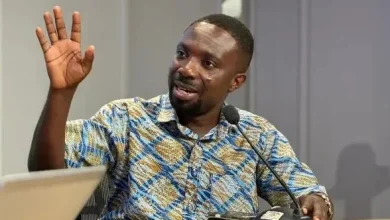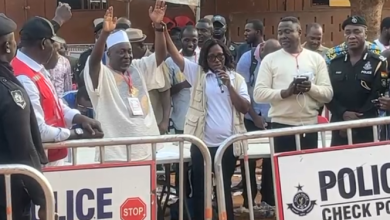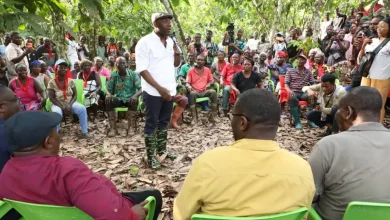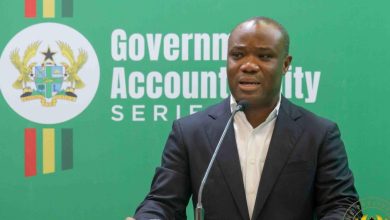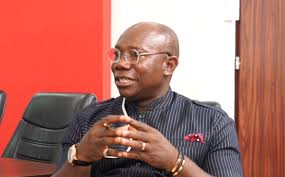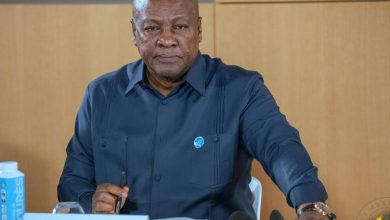Akufo-Addo to appoint new Special Prosecutor
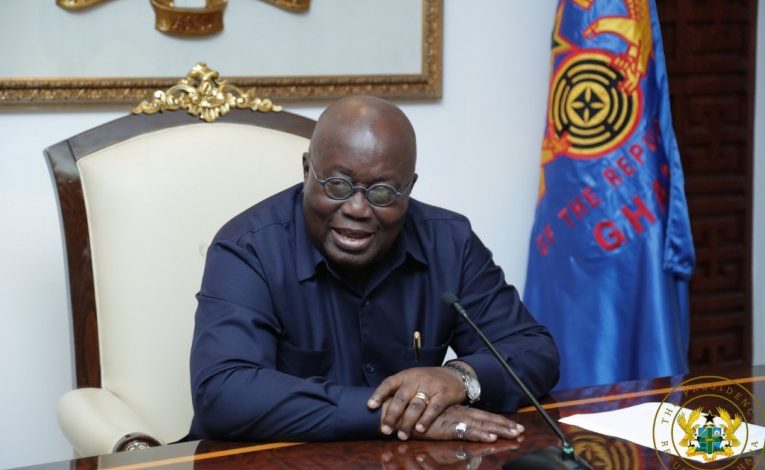
President Akufo-Addo is set, in the coming days or weeks, to appoint a new substantive Special Prosecutor to replace Martin Amidu. With the statutory deadline for finding a replacement coming up fast, President Akufo-Addo is set, in the coming days or weeks, to appoint a new substantive Special Prosecutor (SP).
This will be in line with provisions of the Office of the Special Prosecutor Act, 2017 (Act 959), following the resignation of the country’s first SP, Martin Amidu. The law compels the President to appoint a Special Prosecutor within six months of the position being vacant.
The Attorney General wrote to the President on 16th April, 2021, nominating Kissi Agyebeng for the appointment of Special Prosecutor, subject to the approval of Parliament.
It will be recalled that on 16th November, 2020, three weeks to the December 7th Presidential and Parliamentary Elections, the then Special Prosecutor, Martin Amidu, resigned from office over what he called “executive interference” in his work as Special Prosecutor. A charge that was vehemently denied by the Presidency.
His reasons for resigning were roundly criticized by civil society actors, who maintained that the law offered him enough protection to stay in office and perform his duties without interference and that there was no clear evidence of any executive interference that should have triggered his resignation.
President Akufo-Addo accepted Mr Amidu’s resignation and directed that all that he required to facilitate his smooth transition from the Office of Special Prosecutor be afforded him.
Mr Amidu, a veteran leading member of the opposition National Democratic Congress, who rose to become vice presidential candidate and Attorney General, fell out with the Mills administration over what he described as a matter of principle over alleged executive connivance in dubious multi-million dollar judgment debts.
Acting SP
As a result of the events of 16th November 2020, Ms. Jane Cynthia Naa Koshie Lamptey, the Deputy Special Prosecutor, has been acting, in accordance with section 17 (3) of Act 959, which states, “the Deputy Special Prosecutor shall act in the absence of the Special Prosecutor or in the event of a vacancy in the position of the Special Prosecutor.”
She has held the fort for over five months. Our checks suggest that, whiles happy to play the acting role, the experienced prosecutor has made it clear that she will not be interested in a permanent elevation.
The OSP Mandate
Act 959, which establishes the Office of the Special Prosecutor, spells out three main objectives of the Office, namely: (i) investigate and prosecute alleged corruption or suspected corruption and corruption related offences, (ii) recover the proceeds of corruption and corruption related offences, and (iii) take steps to prevent corruption.
Functions of the OSP
The functions entrusted to the Office are: (a) the investigation and prosecution of cases of alleged or suspected corruption and corruption related offences under the Public Procurement Act, 2003 (Act 663); (b) investigation and prosecution of cases of alleged corruption and corruption related offences under the Criminal Offences Act, 1960 (Act 29) involving public officers, politically exposed persons and persons in the private sector involved in the commission of the offence;
Other functions
(c) investigation and prosecution of cases of alleged or suspected corruption and corruption related offences involving public officers, politically exposed persons and persons in the private sector involved in the commission of the offence under any other relevant law; (d) recover and manage the proceeds of corruption;
(e) disseminate information gathered in the course of investigation to competent authorities and other persons the Office considers appropriate in connection with the offences specified in paragraphs (a) and (b);
The Office of Special Prosecutor is to further: (f) co-operate and coordinate with competent authorities and other relevant local and international agencies in furtherance of the Act; and (g) receive and investigate complaints from a person on a matter that involves or may involve corruption and corruption-related offences.
Source: Asaaseradio


